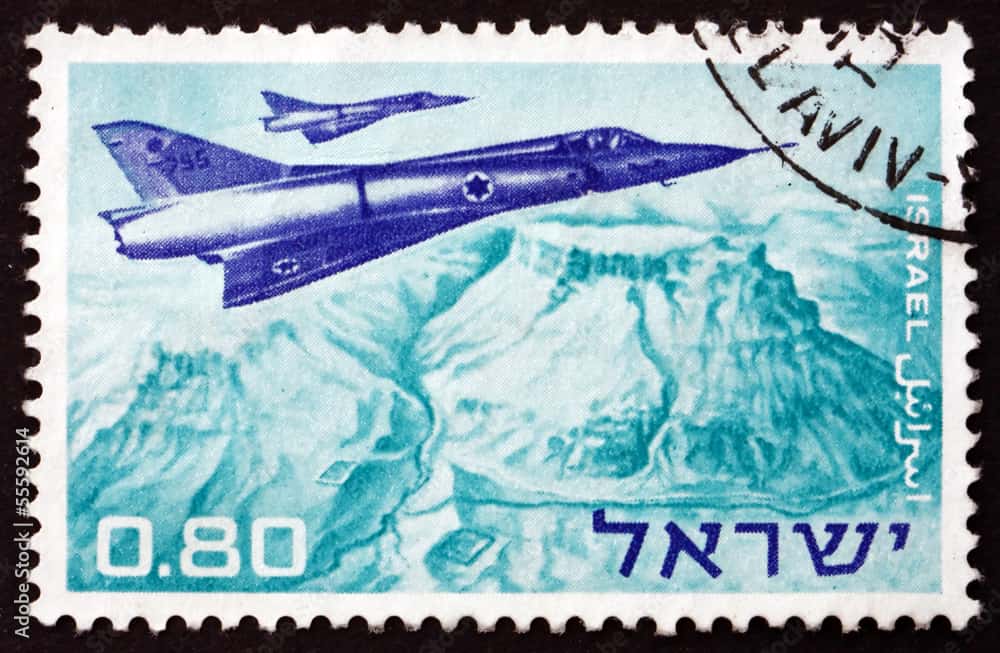He was gentle and he was kind. He was wise and witty. He was a dazzling beacon of sunlight to all those who knew him. He was my nephew – my nephew Eli whom I never really knew because of the distance we lived from each other.
He was a courageous warrior, fighting his sickness for four long years, unwilling to surrender. But the disease was more powerful than he was and eventually took over his body. On September 29, 2016 my nephew Eli returned his neshamah to Shamayim. He was only eleven years old.
As his father wrote, “It is with forever shattered hearts that Eli was niftar.”
I realize I lost out on an opportunity to get to know this valiant soldier.
So I asked his parents to tell me about Eli, about the extraordinary little boy whom I never really knew. And I now echo his father. It is with a forever shattered heart that I will never know Eli the way I would like to.
When Eli was five years old, an adult would have been forgiven for thinking that he was closer to twenty. He astounded everyone when he asked his zaydie for a set of Chumashim for his afikomen present that year. His zaydie would have been fine with buying him a remote control car or a scooter. But at that young age, Torah was what he cherished. When he received his gift, he went outside, sat on his big electric car and read the pesukim of the Chumash. He didn’t yet understand what he was saying, but he understood the pleasure that the timeless words were giving him.
By the time he was seven he had read through the entire Chamishah Chumshei Torah. As he got older, just reading the words wasn’t enough for him. He wanted more knowledge, more understanding. And so he started reading The Medrash Says. Like a sponge, he soaked everything up. He asked questions to his zaydie, a big talmid chacham, and zaydie would be astounded at his young grandson’s knowledge.
Sadly, by the time Eli’s class was starting to learn mishnayos, he was already sick, only attending school sporadically. One day his father drove him to school and arranged a time to pick him up shortly after. Eli walked into his classroom and was exposed to mishnayos for the first time. By the time his father came to pick him up, Eli had learned two mishnayos ba’al peh.
It wasn’t just Torah that he loved – he loved tefillah too. Eli loved to daven, especially with his zaydie. He always wanted to go to his grandparents’ home for Shabbos so that he could spend time davening in shul with zaydie. Eli didn’t want to lose out on an opportunity to connect with his Borei Olam and therefore had many alarms on his phone to remind him about different tefillos. As he left the hospital, it didn’t matter that he had just been through harsh treatments; often, shul was the first place he stopped.
Yes, you can be forgiven for thinking that we are talking about an adult. But the amazing thing was that if you looked at Eli, you saw a child. He loved to play and joke. He liked reading and playing wii games. He was a kind, caring and fun-loving brother. He was very sensitive to the needs of his siblings, giving each one what they needed.
And he was a compassionate friend as well. He cared about his classmates and was the first to run over to console a friend who was hurt. He acted with extreme selflessness. Whether it was giving his time or his snack, it was done with a smile. As a letter from his classmate testifies: “He was the brightest, sweetest, most loving, sharing boy. “
Eli accepted his challenges. While most children were in school and riding bikes, Eli had to be admitted time and time again to Children’s Hospital. Maybe for treatment. Maybe because he had fever or maybe for extreme pain. But he didn’t complain. His attitude belied his age. He wanted to do what needed to be done and then continue on with life.
He had to take foul-tasting medicine with awful side effects. But he took it with acceptance. He was also scrupulously honest. If it was time to take his medicine, he would tell his mother he needed ten more minutes. His mother trusted that he would come get it when he said he would – and he did. He was so young, and yet he understood that each word we utter has value. In his mother’s words: “I learned about emes from my son.”
The Gradon house is open to many guests. Some of the regular guests are recovering addicts. About eight months ago, one of the guests had just reached a four-year anniversary for his recovery. Each guest sitting around the table had the opportunity to say something positive about this person. When they came to Eli, his father passed over him. But he said, “No, I also want to say something.” Everyone stopped to pay closer attention to this child. What was he going to say? With a maturity beyond his years he said, “Just as you conquered your addiction, so too, you should conquer your aveiros.”
Eli had no aveiros to conquer. He was only a katan. But his love of learning, of Torah and mitzvos, made him seem like a tremendous gadol. And as family friend said, “We were not zocheh to keep Eli.”
I feel sad that I didn’t have enough of an opportunity to know this little tzaddik who was my nephew. But I learned a lesson. Family is most important. Many of our families are large, and we have extensive extended family as well. This is something that is so easy to take for granted. But I can say, “Eli, in your death, you have taught me the value of family.”
Eli should be a meilitz yosher for his parents and siblings and for all of his extended family, and may we be zocheh to the geulah sheleimah very soon.












